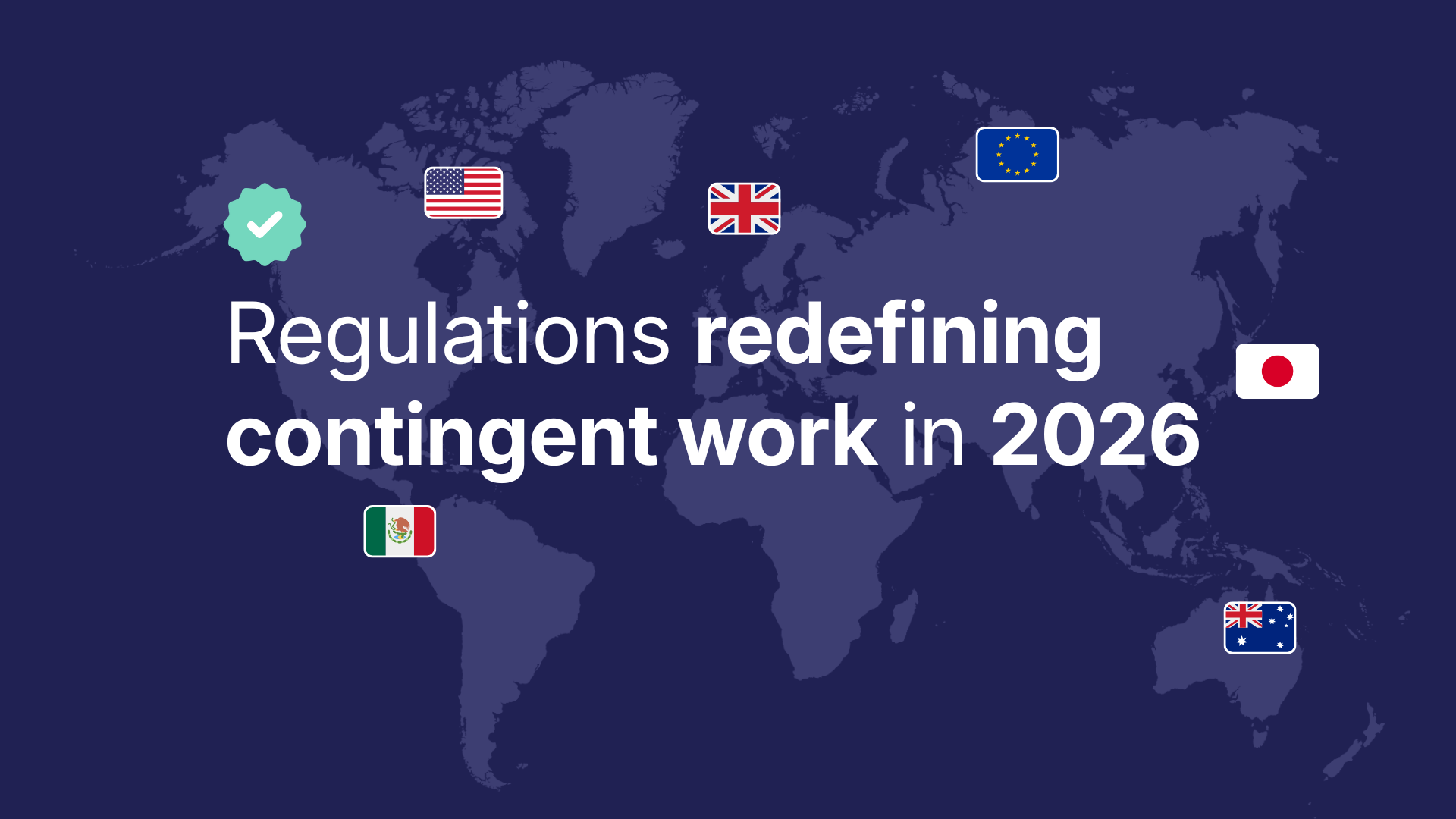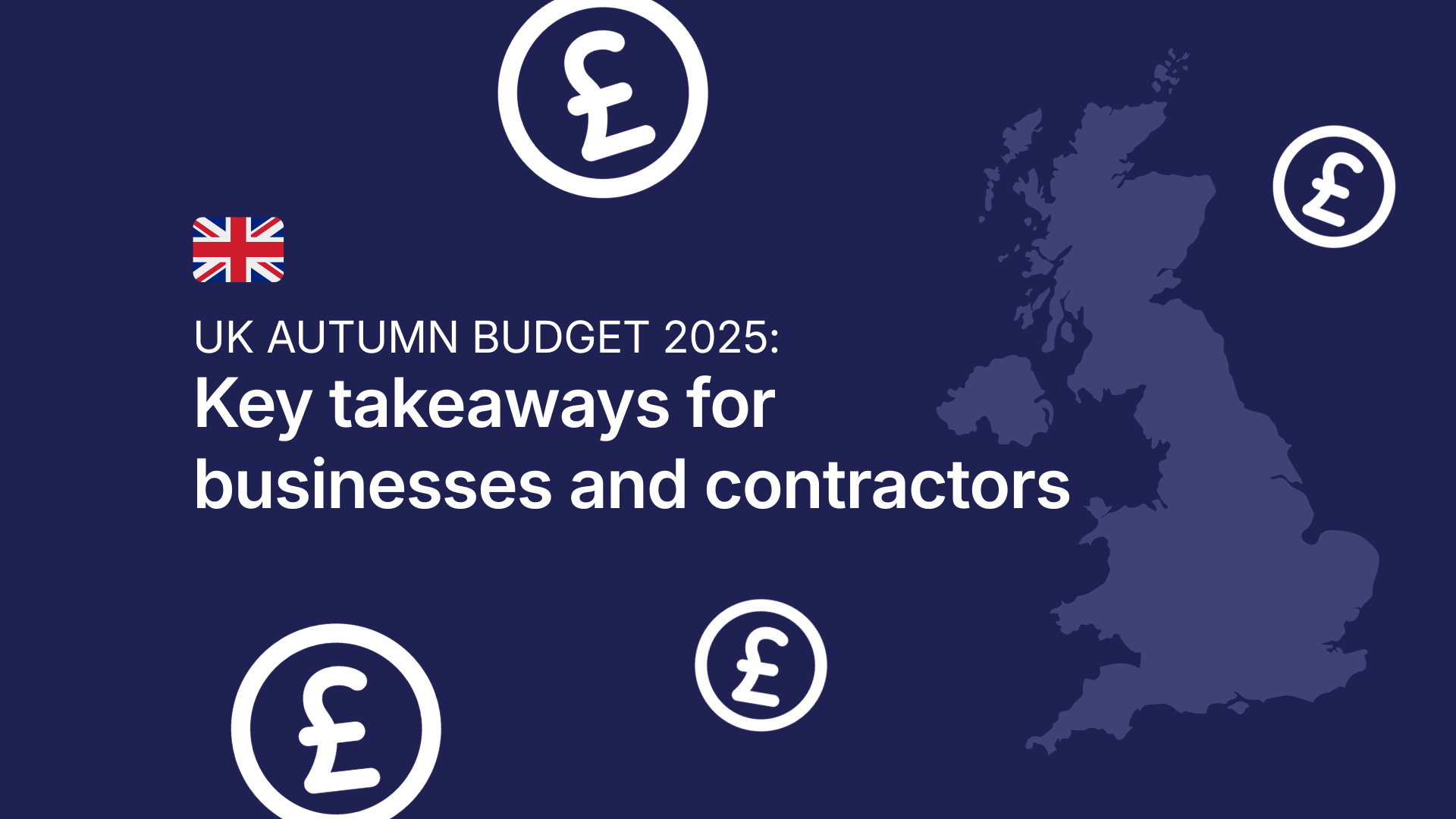Freelancers typically enjoy the endless benefits of being self-employed, namely not having to handle HR issues, taxes and the other essentials that come with employing someone else. So when a senior freelancer pivots and becomes the client - or employer - it’s a sign they really mean business.
Former Freelance Senior front-end developer and regular YunoJuno user, Juan Martinez did just this when his long-established freelance career took a turn and he decided to become the client instead. We spoke to Juan about how he managed to pivot this big change in his career, what he now looks for in freelancers that he works with and how he manages feedback to the freelancers he now works with.
Constant communication is imperative, but also making sure you don't get in the way of the process. I like to work with people that own what they do, what they contribute to a project, and given the flexibility they require to produce great results.
Having gone freelance for the first time in 2006, Juan gained some significant experience and exposure to a wide range of projects and clients helping to shape his further development into Senior Front-end Developer in 2010. We first asked Juan where his interest in coding first came from
During my teen years, I spent a lot of time writing code for fun, and managed to land my first position at an agency at the age of 15, as a part-time web designer and developer, during the run-up of the first internet bubble. There was a lot of excitement back then around creating in the then-new medium, so demand for coding and design was rising exponentially (and hasn’t stopped!).
Having dedicated so much of his life to development and working on various different projects, it’s no big surprise that Juan found it difficult to pinpoint any that had run particularly well
Too many to cite! Projects need to go well constantly because they’re the ones that speak to the quality of your work and make sure you get booked again. You must always ensure that every project goes well, even before you take it. If there are too many requests for things outside of what you currently know, I’d advise skipping it if there’s a chance for it to not go well. Learn from the requirement so the next time you’re able to take it.

We next asked Juan how he handled challenges on projects personally and what he felt some of the more common issues were he’d personally faced as a freelance front-end developer;
I think one of the main challenges, as you progress on your career and start to get recognised for your quality, is managing your ever-growing client base. Your freelance career as a developer leaves you with loads of projects that are open and successful, meaning the clients come back to you for changes or enhancements throughout the lifetime of the project.
Juan personally overcame this challenge by setting up as a client, in his own words
making the jump and setting my practice as a specialised company, bringing people on board and expanding the operation.
Pivoting from freelancer to client- and importantly, employer- is a big move, one that Juan says felt like the right move for him professionally
I realised that with the way my career has evolved, I need more people with particular skills around me, to help me deliver the kinds of projects that I want to produce and be involved with. Breaking new ground in this day requires a bigger team than just yourself to make those projects happen.
So, working as the client instead, we asked Juan how he will proactively handle feedback from his own clients, based on his own previous experience
Feedback usually comes from up the chain, so your own client or their client. By the time it reaches me, I try to condense it into actionable points and assign the relevant actions to whoever handles that part of the project. But sometimes you have to defend a decision made, and I’ll be ready to back it with data.
And when it comes to giving his own feedback to his team of freelancers? Juan shared
Feedback that needs to be actioned on is a team engagement, so the decision to apply or defend feedback is a team decision as well. If I have to personally give feedback in terms of performance to a freelancer, I’d try to first understand the issue, and then suggest a set of actions to address it. We’ve all had bad days, so it’s important to me that the people I work with feel supported.
Having worked since a teenager in the industry, we asked Juan to share his best piece of advice for anyone considering a career in development
To keep learning, constantly, about new things that excite you. For me, I’m always looking for that ‘IT WORKS!’ feeling when trying out something new. It’s addictive!

For anyone considering branching out into development as a freelancer, Juan suggests looking up a more obvious resource to help make the career move
aside from all the technical requirements and versatility a front end developer should have nowadays (got to know your HTML, CSS and JavaScript, and any of the frameworks that are popular, I myself prefer Vue.js), the best resource I can recommend is other freelance developers, trying to connect with them, and not be afraid to reach out. We are a very open community and are always eager to help a fellow developer that might be stuck with anything.
As an industry, technology as a whole has always been very male-dominated with women making up just 19% of the entire workforce in the UK, according to the women in tech website. It’s something we are exploring further as a freelance platform, and when asked Juan also recognises the disparity between men and women in the space
There is, but I am unsure of what barriers to entry there are, as this isn’t something I have seen or experienced. However, I do believe anyone with a passion or talent for coding can pick it up, regardless of their gender. I’ve met and worked with developers of all genders, and they were all really good at what they did. I think the disparity comes from not enough exposure to the contributions done in the past from top developers of all genders, especially women, which might have an influence on a young potential developer to consider it as a career.
As an employer, Juan has his own ideas about directly tackling this industry-wide issue head-on
I’m thinking maybe a joint campaign aimed at the new generations highlighting the contributions of developers of all genders and races in history would be a good way to start tackling these issues regarding disparities in development. Something that can be shown at schools… could be a start.
Starting at the school level is a great way to address this issue, particularly raising awareness earlier about the opportunities that are available for women and girls in the STEM space.
And finally, we asked Juan to share some key advice to anyone considering starting up their own business in the tech world and how freelancers can make the same switch as he has;
Remain flexible in terms of engagements with your current client base, keep making contacts wherever you go, make sure to keep adding people to your LinkedIn, as they will be your firepower. Freelancers are entrepreneurs by definition, so the jump isn’t that big. It’s a matter of knowing when to do the jump when it makes sense for you to do so, as you will lose some of the freedoms freelancing affords. I’m still very early on this path myself, but for me, it was the right move to do at this time. It is scary, just as scary as going from employed to freelance. But if you’ve done that jump already, doing to jump to client-side is easier.







